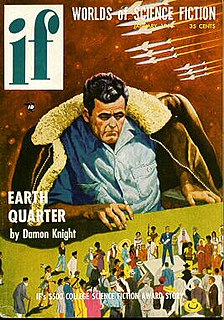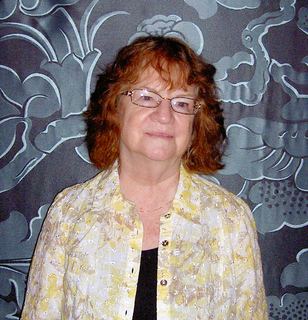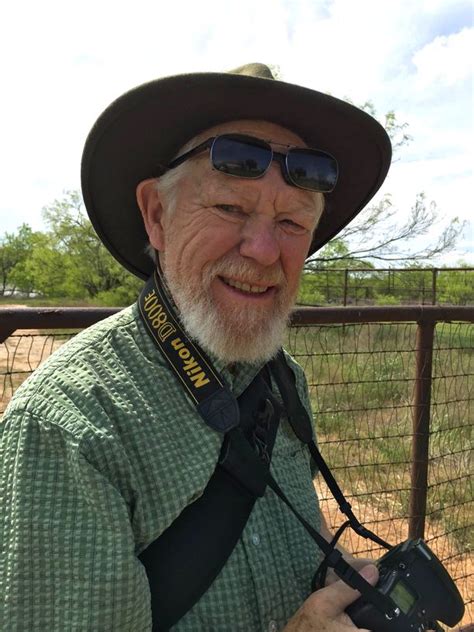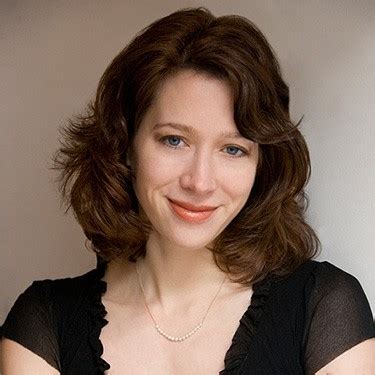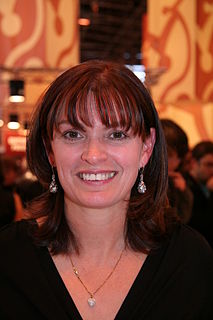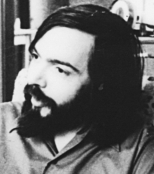A Quote by Kate Forsyth
I think fantasy is best described as a kind of fiction that evokes wonder, mystery or magic, a sense of possibility beyond the ordinary world in which we live, and yet which reflects and comments upon that known world.
Related Quotes
Well, I really want to encourage a kind of fantasy, a kind of magic. I love the term magic realism, whoever invented it – I do actually like it because it says certain things. It's about expanding how you see the world. I think we live in an age where we're just hammered, hammered to think this is what the world is. Television's saying, everything's saying 'That's the world.' And it's not the world. The world is a million possible things.
At its best, fantasy rewards the reader with a sense of wonder about what lies within the heart of the commonplace world. The greatest tales are told over and over, in many ways, through centuries. Fantasy changes with the changing times, and yet it is still the oldest kind of tale in the world, for it began once upon a time, and we haven't heard the end of it yet.
I disregard the proportions, the measures, the tempo of the ordinary world. I refuse to live in the ordinary world as ordinary women. To enter ordinary relationships. I want ecstasy. I am a neurotic — in the sense that I live in my world. I will not adjust myself to the world. I am adjusted to myself.
Aristotle said that philosophy begins in wonder. I believe it also ends in wonder. The ultimate way in which we relate to the world as something sacred is by renewing our sense of wonder. That's why I'm so opposed to the kind of miracle-mongering we find in both new-age and old-age religion. We're attracted to pseudomiracles only because we've ceased to wonder at the world, at how amazing it is.
I see the experience of pictures as a kind of cycle, a kind of circular motion in which you're in the world, then you enter the picture and you're in a different world (it's not the same as the one you live in, but recognizable as one you might live in). And then you're returned to your world with an enlarged sense of its possibilities.
I guess one of the most magnificent things a novel can do is to change your perspective on the world, and to give it some sense of wonder, and that's what I find so exciting in writing fantasy, especially fantasy for children. Because already, I think children have a very special and unusual way of seeing the world.
What do I make of all this texture? What does it mean about the kind of world in which I have been set down? The texture of the world, its filigree and scrollwork, means that there is the possibility for beauty here, a beauty inexhaustible in its complexity, which opens to my knock, which answers in me a call I do not remember calling, and which trains me to the wild and extravagant nature of the spirit I seek.


